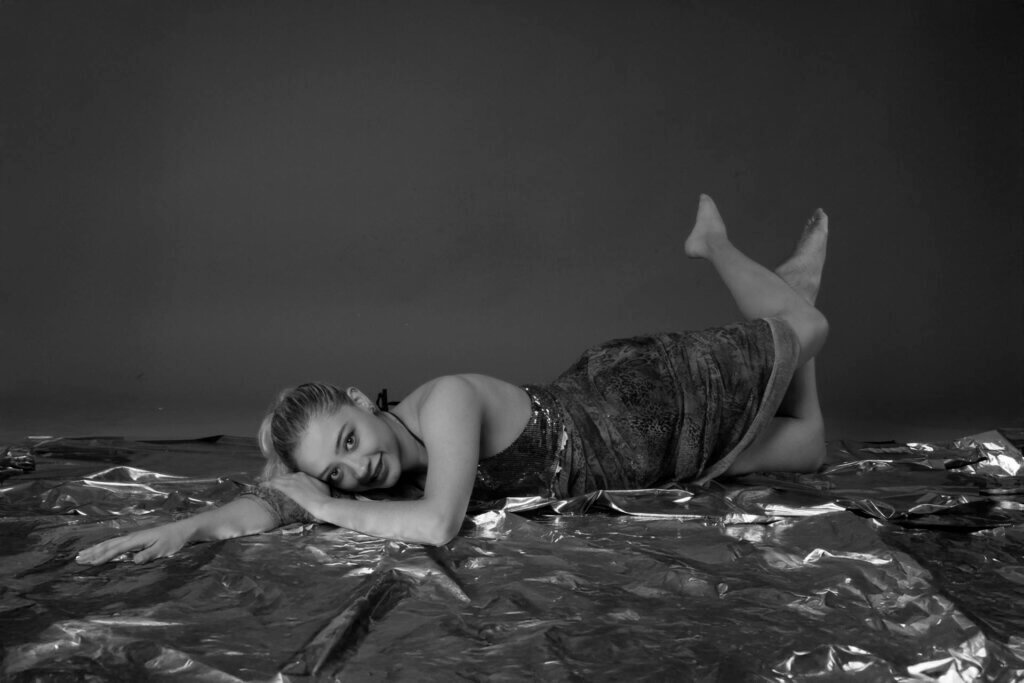Finding your artistic style is like discovering your creative fingerprint—it’s deeply personal to you and should be reflective of your experiences and motivations. This process is a great opportunity for self-discovery, now and in the future. You’ll likely find your art evolves as you do. Follow our steps to help you find it.

Why defining your style matters
Your artistic expression is an extension of your voice. It’s what makes your work recognizable and distinctive from others. Defining it helps you connect with yourself and your audience, but it also gives your work a sense of identity.
While you don’t have to rush the discovery process, having a cohesive style can open doors to opportunities in galleries, commissions, and collaborations if you’re serious about art. It signals that you’ve honed your craft and have something unique and meaningful to say.
Exploring art mediums and techniques
Before you can settle into a style, you need to experiment. Try your hand at different mediums—watercolors, oil paint, acrylics, charcoal, graphic design, sculpture, pottery, or even mixed media. Allow yourself time to play and learn without the pressure of perfection.
Each medium has its quirks, challenges and possibilities that might resonate with you in surprising ways. Even different techniques using the same medium can result in strikingly different creations. Loose, gestural strokes might appeal to you, or perhaps it could be precise, detailed work.
Finding inspiration and influences
Art doesn’t exist in a vacuum. Study the work of artists who catch your eye or inspire you. But don’t just stop at admiring their work. Dig deeper—what about their creations speaks to you? Is it their use of color, subject matter, or emotional impact? What lessons can you apply to your art?
Keep an open mind and gather inspiration from a diverse range of sources such as nature, music, literature, film, or personal memories. Create mood boards or sketchbooks filled with your discoveries to help you start identifying exactly what excites you.
Developing consistency
As you experiment, you’ll notice recurring themes, colors, or techniques in your work. These may be the things that come naturally to you. Lean into those elements and refine them over time.
Consistency doesn’t mean repetition; it’s about creating a body of work that feels unified. The more you create, the more refined and distinctive your style will become.
Being open to change in your art journey
Discovering your style is important, but remember that art is never a destination—it’s a journey. Your art will evolve as you grow, learn, and experience new things. Be open to change and don’t feel the need to box yourself into one approach.





